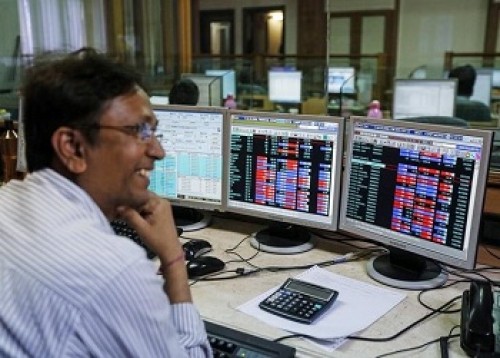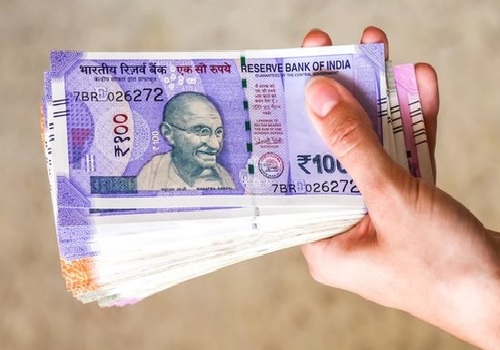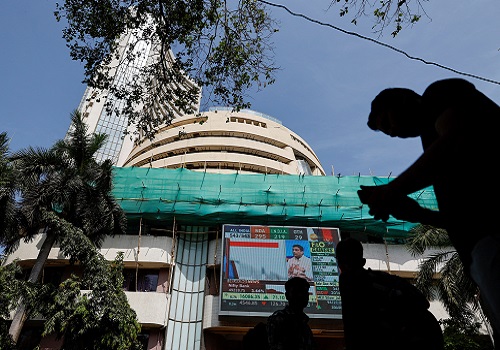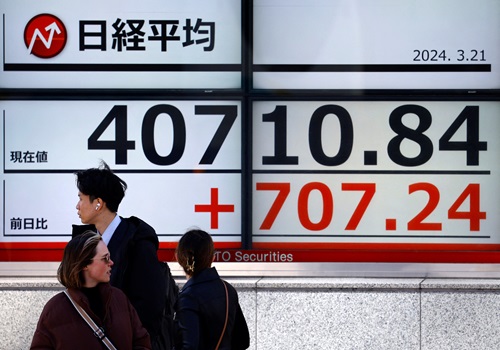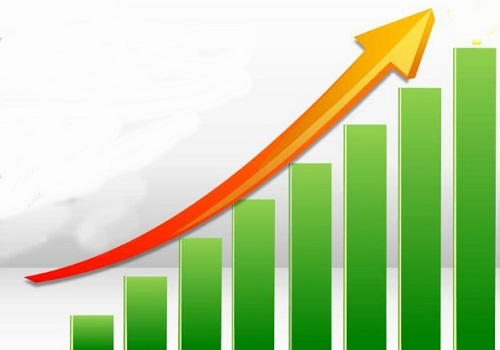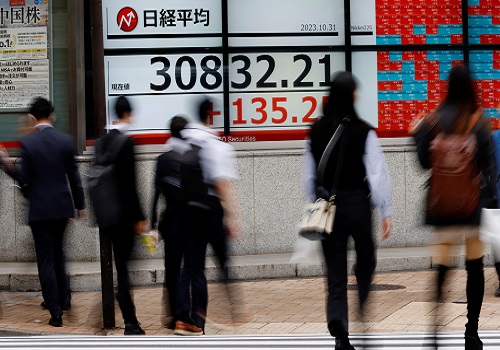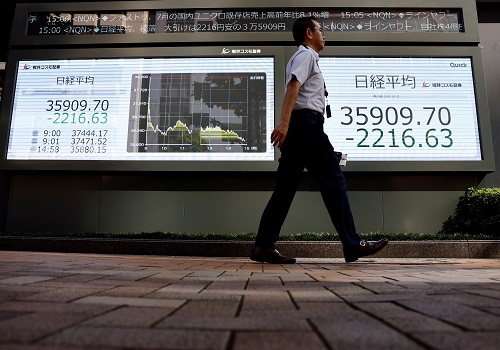South Korea aims to prevent illegal trading via stock short selling
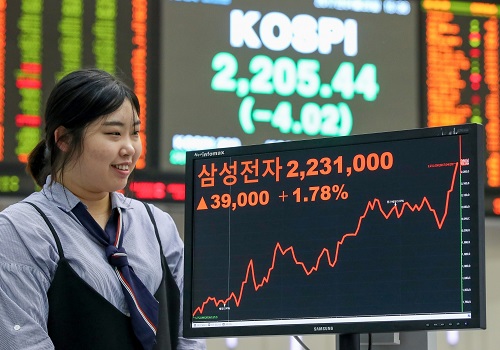
Follow us Now on Telegram ! Get daily 10 - 12 important updates on Business, Finance and Investment. Join our Telegram Channel
The government will publish detailed guidelines on stock short selling this week to help prevent people unintentionally engaging in illegal trading, the financial regulator said on Wednesday.
The guidelines will be made public on Thursday, while an English-version of the how-to instructions will be available from next month, according to the Financial Supervisory Service (FSS).
"There has been a need to remove uncertainties over how the financial authorities interpret and apply regulations on stock short selling, and to stipulate what may constitute as naked short selling," it said of reasons for the guidelines, reports Yonhap news agency.
There also existed a need for guidelines in English, the FSS noted, "since the financial authorities had only provided information in Korean."
South Korea imposed a temporary ban on stock short selling in November after a series of naked short selling allegations were detected at several global investment banks in the country.
The ban was originally set to be lifted before the start of July but has been extended until March 30.
The FSS said the new guidelines will provide a number of detailed instances of illegal stock short selling so that "any investor may decide on their own" whether their activities constitute illegal short selling.
It also added the guidelines will be "continuously supplemented and updated.”
Meanwhile, Finance Minister Choi Sang-mok said on Wednesday the government puts greater policy priority on how to prop up domestic demand over household debts, though he fully respects the Bank of Korea's (BOK) rate-freezing decision amid soaring debts and home prices.
Last month, the BOK decided to keep the key rate at 3.5 percent, unchanged since February 2023, despite moderating inflation, and Gov. Rhee Chang-yong said it needs to consider rising home prices and surging household debts as crucial factors for a possible rate cut despite sluggish domestic demand.
The office of President Yoon Suk Yeol expressed disappointment over the decision, citing concerns over its impact on private consumption and investment.
The BOK is scheduled to hold a rate-setting meeting in October.





